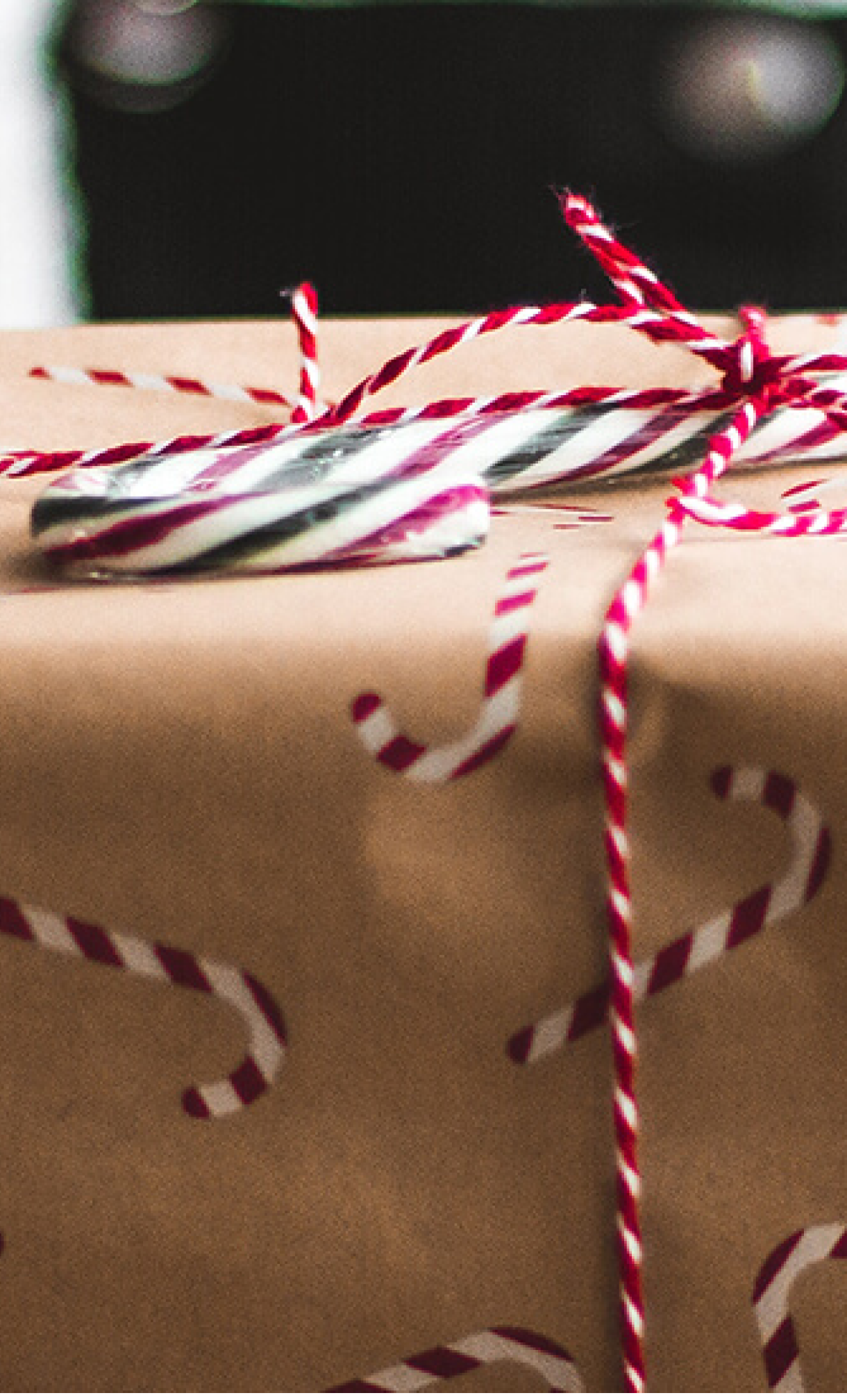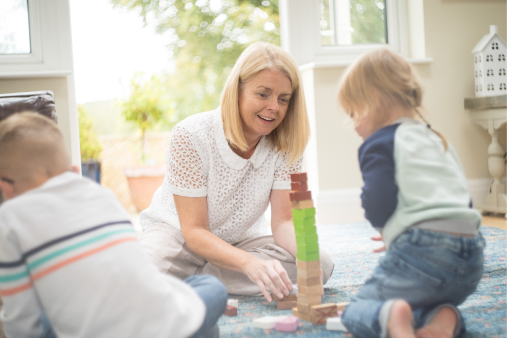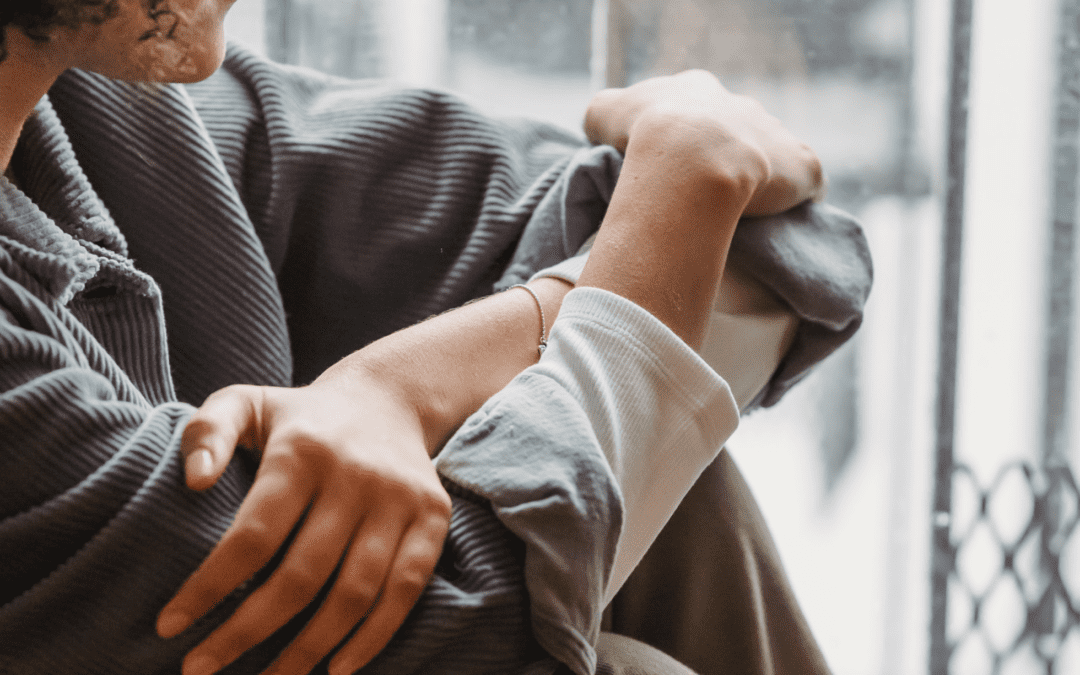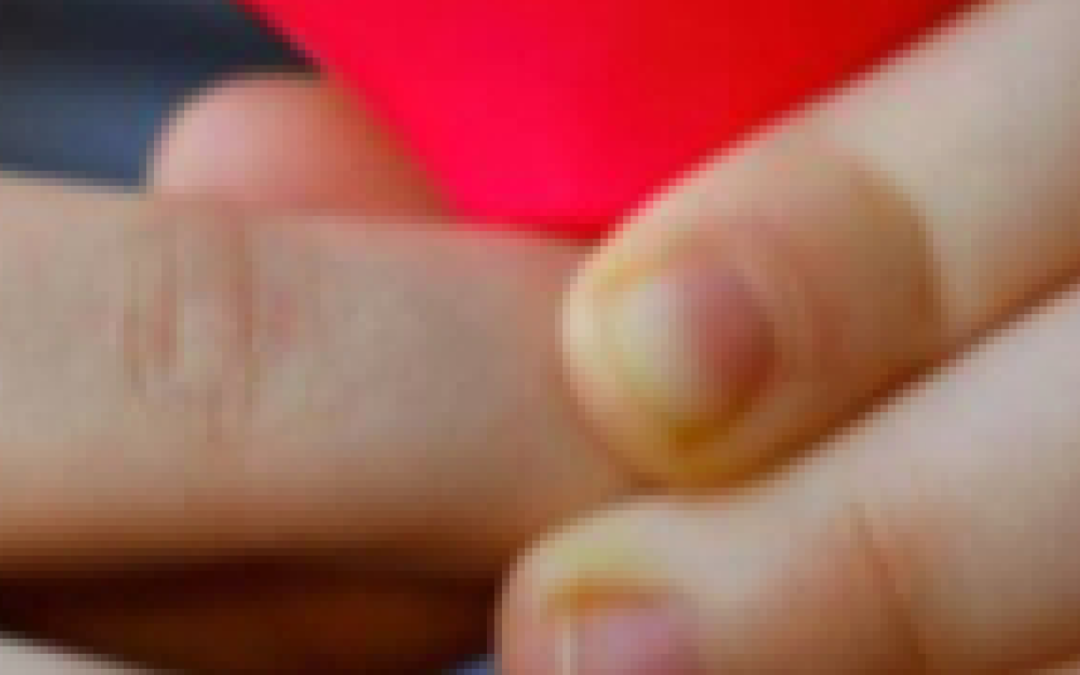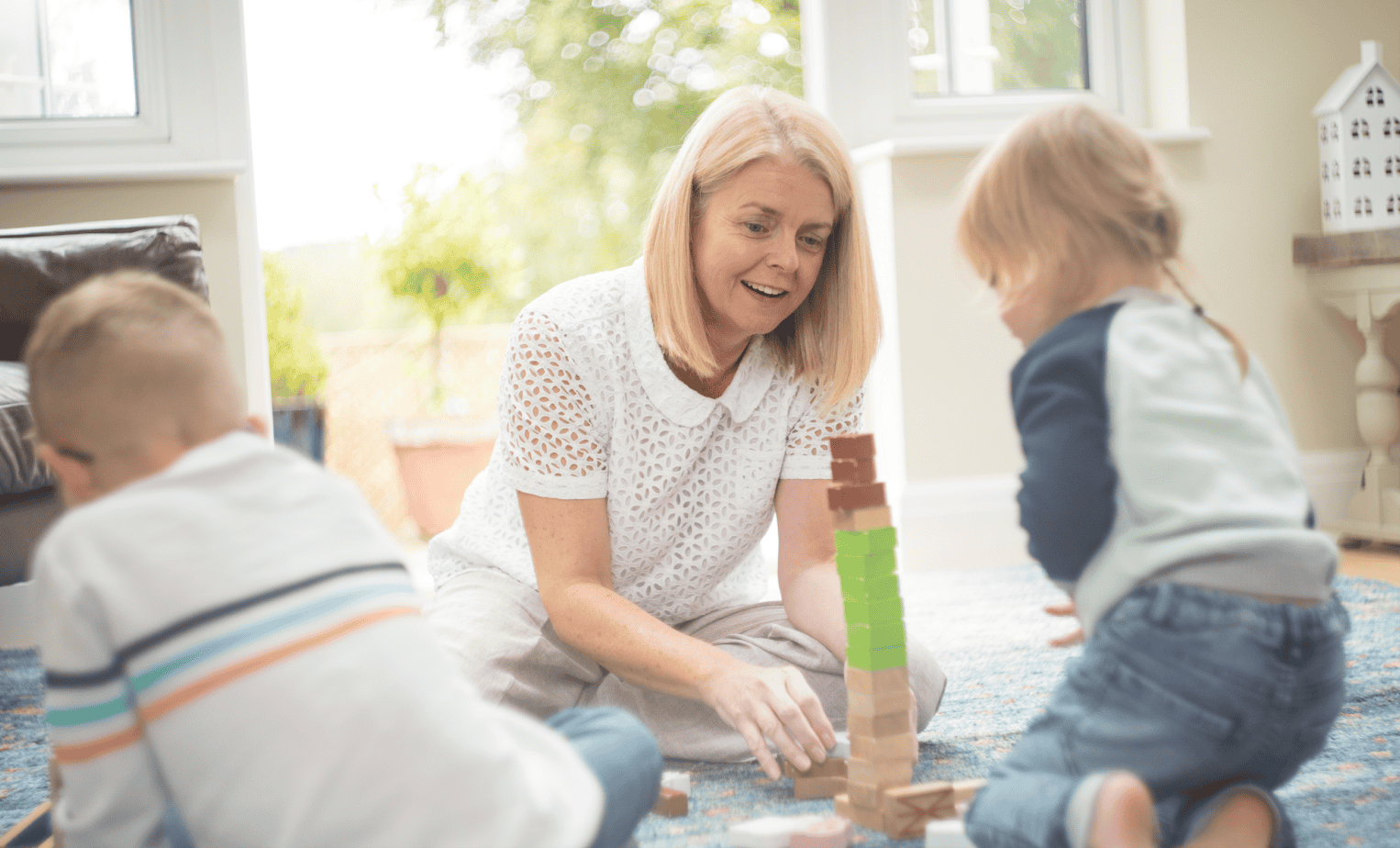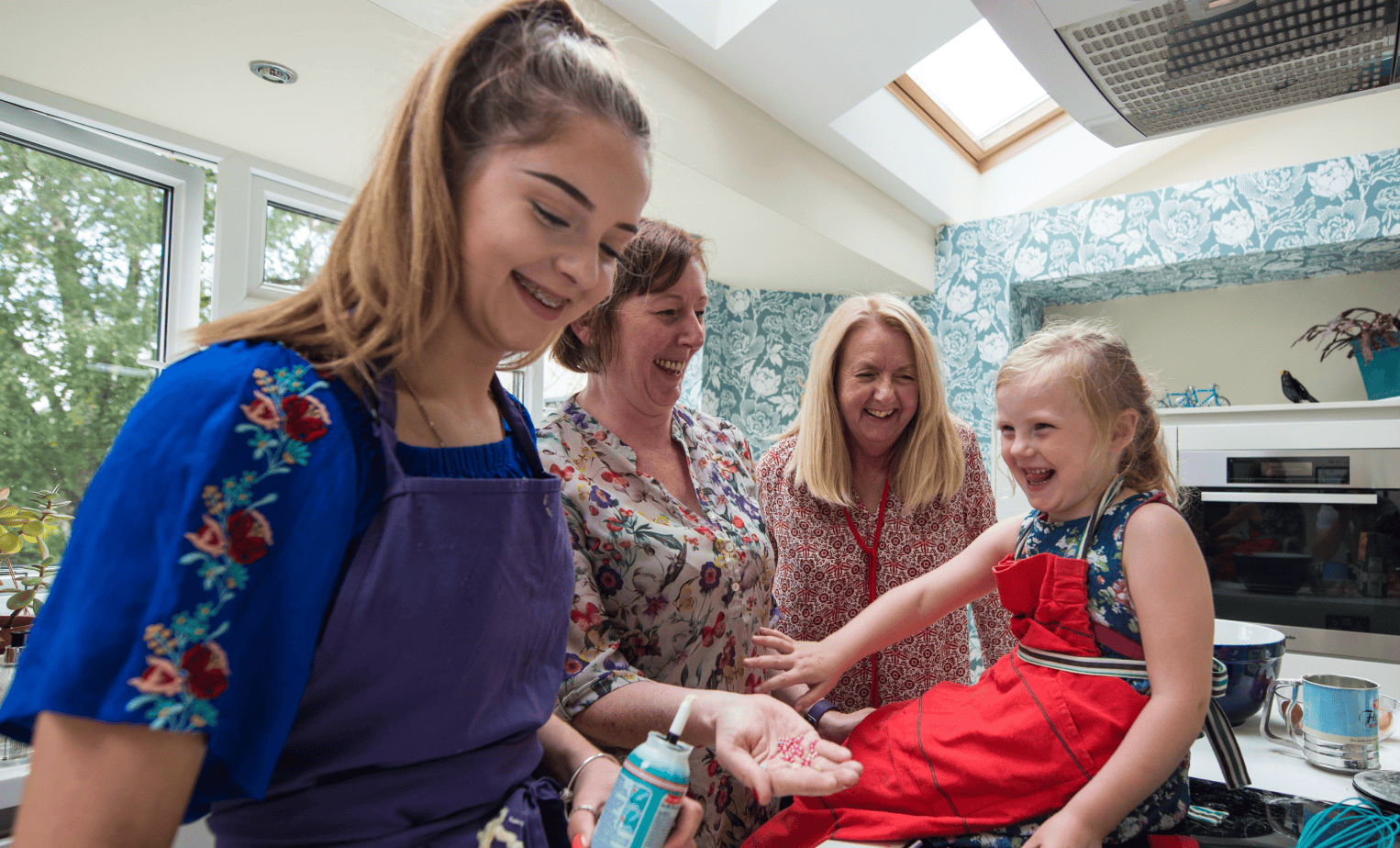She arrived early, arranged them just so, and proudly adjusted her nametag. When the child walked in, she was greeted with a smile, and the two sat and chatted, school, homework, the upcoming holiday break. She said she was elated when it was time for the child to open the gifts. As she handed the first gift over, she felt her stomach drop. The child cautiously opened the present and said thank you as she set it on the table, not paying much attention. She immediately thought that perhaps the child did not like the gift and offered to return or exchange it for the child. The child refuted her attempts. “Perhaps the next one will be better.” But the reaction was the same from the child, every time.
She was now writing to me because she didn’t understand what had happened, what she had done wrong. She had so been looking forward to the opportunity to have a positive interaction with this child, and the outcome was not what she had hoped for. I read her message to me several times and then asked her to email me. I was buying myself time to respond. I felt I knew immediately why it had gone that way, but I needed to think about the best way to translate to this woman who was trying to do the “right” thing.
I have talked in previous blogs and even in my book about my struggles and difficulties with accepting gifts. I have to work at it. I never feel that I am giving the right amount of enthusiasm that one should. I am always grateful that someone took the time to purchase a gift for me, but I still feel awkward.
I thought about her message overnight. When I woke up, I thought the best approach would be to do some follow up. “You may be interpreting the emotions and feelings about the event incorrectly”.
I know for me, it is often hard to express myself in the moment of opening the gift, it is therefore awkward and feels forced, because I want to give the person who has given me the gift, as much satisfaction as I can, but I feel like I’m doing it wrong. Joy is tough for me to share, and perhaps it is with your child as well. I’ve talked to lots of young people who have been in care, all say that while they enjoy shopping and picking out the perfect gift for someone else, they find it very difficult to acknowledge or accept gifts from others. In fact, most like me, prefer to avoid those situations. I would do anything to have my birthday wholly forgotten. I do not enjoy having a big deal made out of it.
Perhaps it is because my birthday was forgotten as a child; maybe it is because whenever someone did something for me, there was an expectation for something in return. Perhaps it’s my brain’s way of telling me that pure joy isn’t a brain pathway that I developed and that I should try and live in that space a bit more. It could be guilt as well. I always feel a bit guilty when I receive something, both of “do I deserve a gift” and “what about all the others that don’t get anything?” I’m not sure, but I do know that gift exchanges are something I struggle with to this day.
We had a bit of back and forth, and eventually, she was able to get resolution. She received a wonderfully handwritten note from the child thanking her for all the beautiful gifts. She also received feedback that others had never seen this child smile so much and that several of the gifts found their way to other children in residential care that had not been able to participate in an exchange of gifts.
Foster care and trauma are complicated. Children who have experienced these difficult life circumstances do not always behave in the way that we may expect or desire; they grow up to be adults who still struggle to express themselves, but I can tell you that your good deeds do not go forgotten or unseen. You perhaps may have wanted to see the child jumping for joy, and their reaction may have been a letdown. However, that doesn’t mean you didn’t plant a seed of goodness, a seed of hope and isn’t that what the Holidays are supposed to be about?
Shenandoah Chefalo is a former foster, child and advocate. She is the author of the memoir, Garbage Bag Suitcase, and co-founder of the grassroots movement #4600andcounting You can learn more about her and her work at GarbageBagSuitcase or 4600andcounting.
